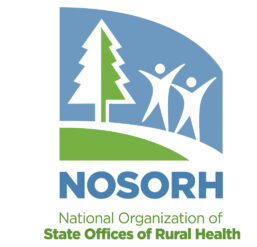January 2, 2024

HHS/DoD National Emergency Tele-Critical Care Network
A joint program of the U.S. Department of Health & Human Services (HHS) and the U. S. Department of Defense (DoD) is available at no cost to hospitals caring for COVID-19 patients. Teams of critical care clinicians critical care physicians, nurses, respiratory therapists, and other specialized clinical experts are available to deliver virtual care through telemedicine platforms, such as an app on a mobile device.
Hear from participating clinicians
Email matthew.t.quinn3.civ@mail.mil to learn more and sign up





